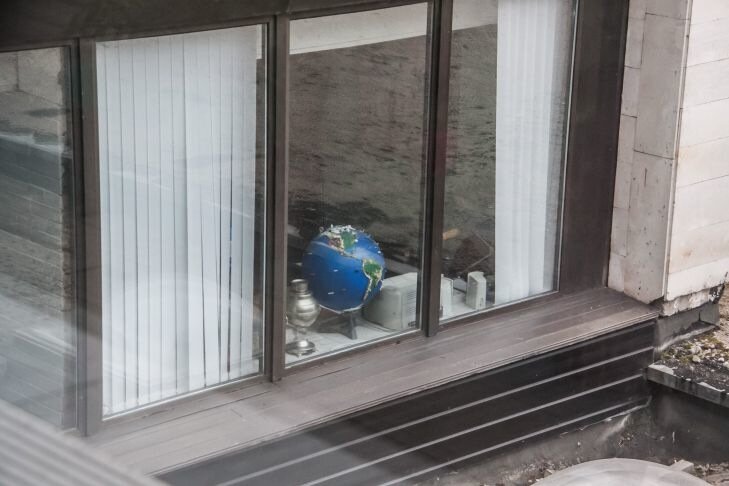In winter or during periods of high humidity, condensation often appears on windows, which not only spoils the view, but can also lead to the formation of mold. How can this problem be solved?
Soap and glycerin
One of the simplest and most effective methods is to rub the glass with regular laundry soap or a mixture of soap and glycerin.
Soap creates a thin film that slows down the condensation process, and glycerin helps maintain normal moisture levels.
To do this, dissolve a piece of soap in warm water, add a teaspoon of glycerin and apply to the glass with a soft cloth.
Vinegar
Vinegar is one of the folk methods that helps prevent condensation.

Diluted vinegar not only prevents moisture from forming, but also disinfects the surface, killing bacteria that can cause odor or mold.
Dilute vinegar with half water and wipe the windows with it, especially in places where condensation accumulates most often.
Alcohol
Alcohol-based solutions, such as vodka or rubbing alcohol, can also be helpful. They evaporate faster than water and keep the glass dry for a longer period of time.
Apply a little alcohol to a cloth and wipe the glass, especially in the corners and edges where condensation tends to collect.
Special compositions
There are also special anti-condensation compounds for windows on the market. These products usually contain silicone or polymer components that form an invisible protective film.
They can be in the form of sprays or gels that are easy to apply and leave no residue, providing long-term protection from moisture.
Increased ventilation
Sometimes the problem of condensation is solved not so much by external window treatment, but by improving ventilation in the room.
Periodic ventilation helps to reduce the level of humidity in the room, which in turn reduces the likelihood of condensation on the windows.
Decorative elements
Using decorative elements such as moisture-absorbing indoor plants or special moisture absorbers can further help combat condensation. Plants not only decorate the interior, but also improve the microclimate in the house.
Additional measures
For those who have a serious condensation problem, it may be worth considering installing double glazing or using windows with a low-e coating.
These solutions reduce heat loss and, accordingly, the formation of condensate.
Frequency of use
It is important to understand that any of the listed products requires repeated use. The frequency depends on the level of humidity in the house, the temperature outside and the frequency of ventilation.
During winter or high humidity, it may be necessary to treat windows every two weeks.








